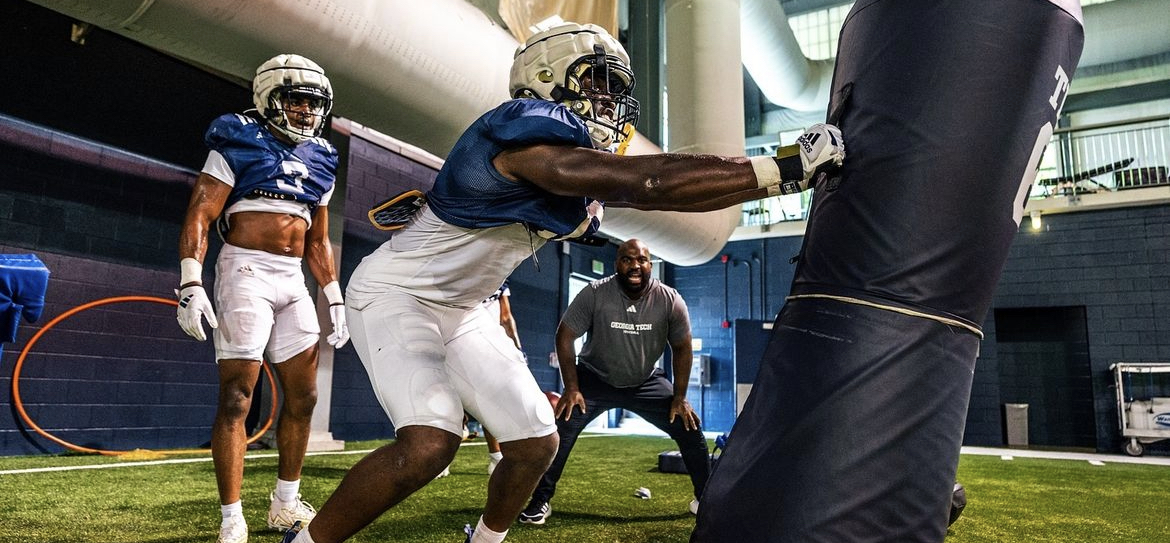Georgia Governor Brian Kemp has signed an executive order allowing the state’s colleges and universities to compensate student-athletes for their name, image, and likeness (NIL) rights.
This bold action bypasses existing NCAA rules that prevent schools from directly paying athletes for NIL, positioning Georgia as a leader in the evolving landscape of college athletics.
The executive order, signed Tuesday, ensures that schools can begin paying athletes for their NIL immediately without fear of NCAA penalties. “In the absence of nationwide name, image, and likeness regulation, this executive order helps our institutions with the necessary tools to fully support our student-athletes in their pursuit of NIL opportunities, remain competitive with our peers, and secure the long-term success of our athletics programs,” said Georgia athletic director Josh Brooks and Georgia Tech athletic director J Batt in a joint statement.
While the NCAA has agreed to lift its restrictions on schools directly paying athletes for NIL as part of a pending legal settlement, that agreement is still awaiting court approval.
Governor Kemp’s executive order acts as a safeguard, ensuring that Georgia schools can proceed with athlete compensation regardless of the outcome of the settlement. The move also aligns Georgia with Virginia, another state that has taken similar steps to allow schools to pay athletes for their NIL rights.
The broader context for this executive order stems from a series of antitrust lawsuits against the NCAA—most notably the House, Carter, and Hubbard cases—which challenge the association’s long-standing restrictions on athlete compensation.
A preliminary injunction in the case of Tennessee and Virginia v. NCAA has already barred the organization from enforcing its amateurism rules related to NIL, signaling a significant shift in how college sports may operate moving forward.
Governor Kemp’s executive order is a pivotal development in what many see as the future of college athletics. With the NCAA moving toward a model where schools in power conferences may directly compensate athletes for media rights, ticket sales, and sponsorships, Georgia is staying ahead of the curve by codifying this concept through state policy.
This new approach also aligns with concerns raised by U.S. District Judge Claudia Wilken, who has made it clear that any settlement with the NCAA should not diminish NIL opportunities for student-athletes.
The legal landscape remains fluid, with a revised settlement expected by September 26. If the settlement collapses or is rejected, the antitrust cases will resume.
As schools nationwide navigate the shifting terrain of athlete compensation, the University of Tennessee, a key SEC rival of Georgia, recently announced plans to implement a “talent fee” on football tickets to help fund its revenue-sharing pool for athletes.
With Georgia now free to compensate its athletes, the competition to attract top talent in college sports is more intense than ever.
Governor Kemp’s executive order sets a precedent not only for Georgia but also for other states considering similar measures.
This move sets the stage for what could be a transformative era in college athletics, where the value of athletes both on and off the field is finally recognized and rewarded.

